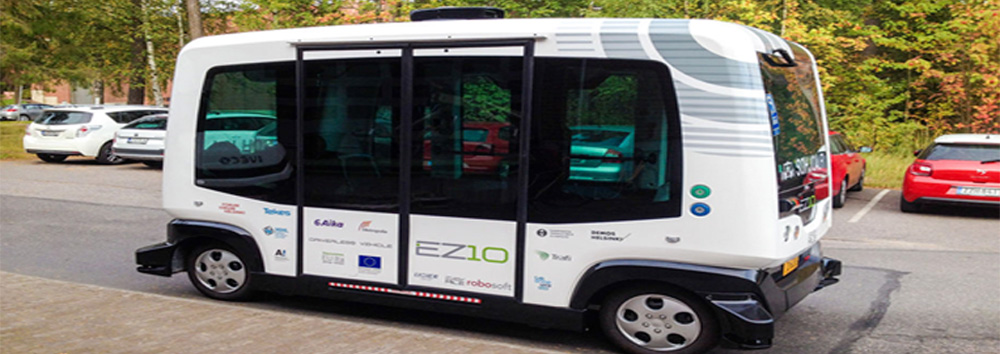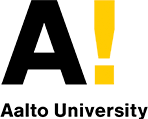Assistant professor Milos Mladenovic tackles the underlying challenges as a member of European Commission expert group, which is formed to advise on specific ethical issues raised by driverless mobility. The ethical problems with automated vehicles go far beyond the road safety and link to the main challenges of Artificial Intelligence.
Milos Mladenovic is working in the Spatial Planning and Transportation Engineering research group in the Department of Built Environment. His research focuses on development of technology and planning practices for sustainable urban transportation systems. Among other transportation related topics, his key research areas include ethics of emerging mobility technologies, such as self-driving vehicles.
What is the purpose of the Horizon 2020 Commission Expert Group and how would you describe your role in it?
The group aims to produce an EU-level document, which then the Commission takes further to either develop more research based on it, get public consultation or to create new political discussions about driverless mobility.
The multi-disciplinary group includes 14 members from different EU member states working in different fields. My role is to represent the field of transportation engineering. However, given my multi-disciplinary interests, part of my role is to “translate” concepts within the group, as different scientific backgrounds tend to speak different “languages” with each other. While I am helping to increase understanding within the group, working in such a multi-disciplinary group is a huge learning experience in itself.
About Aalto University
AALTO University is a multidisciplinary university in the fields of Science and Technology, Economics, Architecture, and Art and Design. It has 409 faculty members and a student body of 20,000, 70% of which are students in Science and Technology. AALTO University was founded in 2010 by merging three Finnish universities: The Helsinki School of Economics, The University of Art and Design Helsinki, and Helsinki University of Technology. The three schools are all leading institutions in their respective fields and in their own right. Aalto University is a multidisciplinary community where Science and Art meet Technology and Business. The university is committed to identifying and solving grand societal challenges and building an innovative future.



